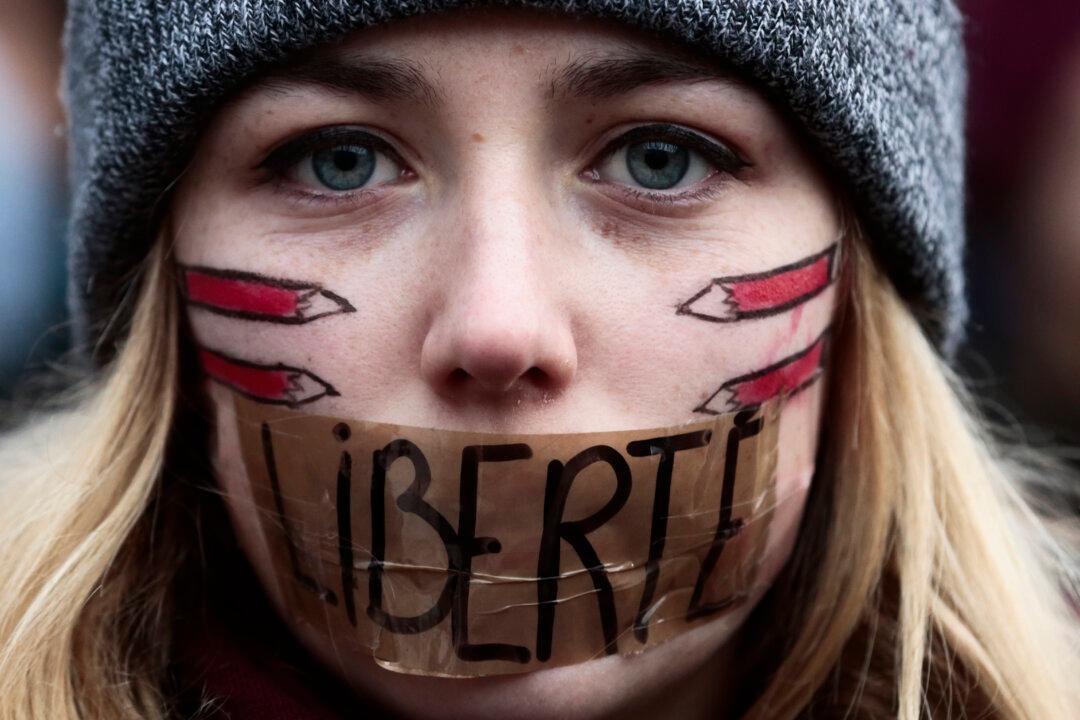The whole nation of France was shocked on January 7 when two masked gunmen armed with AK-47s, a shotgun, and a rocket launcher began shooting workers at the satirical newspaper Charlie Hebdo while shouting: “Allahu Akbar,” Arabic for “God is great.” The men also killed two French police officers before they were both slain by police on January 9.
After that, people around the world began using the slogan, “Je suis Charlie,” French for “I am Charlie” as a show of solidarity with the victims.
As people are still reeling from this atrocity, many questions are being raised, government policies are being drafted, protests are organized, and many are trying to figure out how to prevent such a tragedy from happening again.
The last 15 years has given the religion of Islam a bad name in Western society, especially when viewed in light of these kinds of acts that have supposedly been carried out in the name of Allah.
Yet simplistically ascribing the incident to “radical Islam” misses more subtle and instructive dynamics that may have lead these brothers to terrible acts—and could lead others.
Amel Boubekeur, author of “Whatever Happened to the Islamists?: Salafis, Heavy Metal Muslims, and the Lure of Consumerist Islam” describes a reality that’s different from many people’s assumptions.





